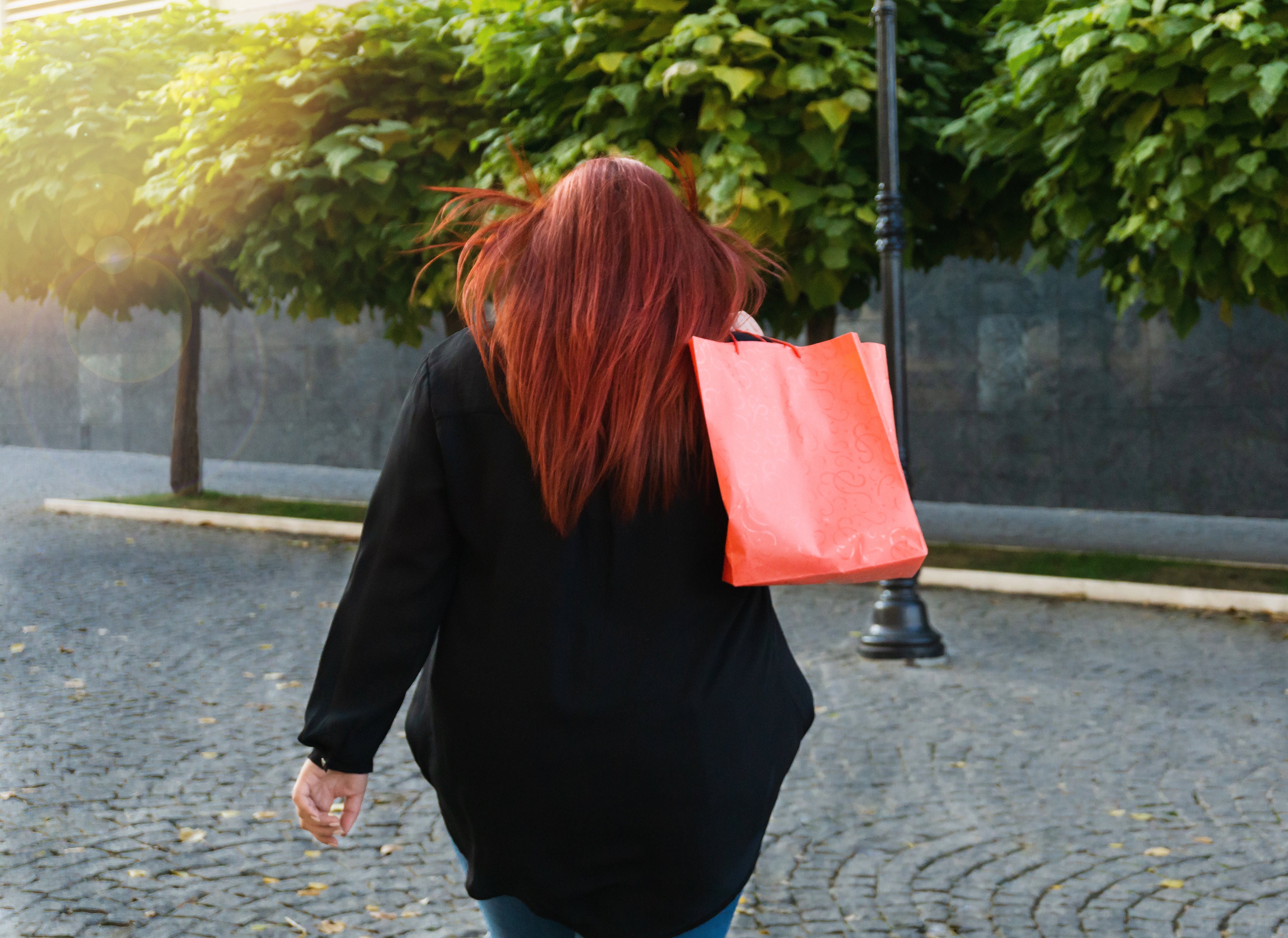Social media abuse of plus-sized models encourages women to be more abusive, researchers find
The presence of plus-sized models on social media generally resulted in an increase of positive moods, the researchers also found

Your support helps us to tell the story
From reproductive rights to climate change to Big Tech, The Independent is on the ground when the story is developing. Whether it's investigating the financials of Elon Musk's pro-Trump PAC or producing our latest documentary, 'The A Word', which shines a light on the American women fighting for reproductive rights, we know how important it is to parse out the facts from the messaging.
At such a critical moment in US history, we need reporters on the ground. Your donation allows us to keep sending journalists to speak to both sides of the story.
The Independent is trusted by Americans across the entire political spectrum. And unlike many other quality news outlets, we choose not to lock Americans out of our reporting and analysis with paywalls. We believe quality journalism should be available to everyone, paid for by those who can afford it.
Your support makes all the difference.Women are more likely to leave a negative comment on a social media image of a plus-sized model if the image has already received negative comments, a new study has found.
Researchers conducted an experiment among 92 female Australian university students who were shown four Facebook photos of plus-sized models. Each photo was accompanied by five comments that were either positive, negative, or neutral. The students were then asked to leave their own anonymous comment.
The women exposed to negative comments were found more likely to leave a negative comments themselves – and visa versa with regards to positive comments. Only four per cent of people who saw positive comments decided to leave a negative one, while 40 per cent of those who saw a negative comment were influenced to leave a negative one.
“User comments associated with images on social media can significantly impact how we behave (and comment) in the online space. If we see a negative comment, we are more likely to leave a negative comment ourselves,’ Daniel Talbot, an author of the study, told PsyPost.
While it is unclear why people would be more inclined to leave negative comments after being exposed to others, it is speculated that it could be to comply with online social norms, or that seeing other people leaving such messages made users feel more comfortable posting their own, true, feelings – despite it being taboo in other situations.
However, it was also found that in all conditions, most people left positive comments. It was also found, after talking to the participants after the experiment had finished, that seeing images of plus-sized models generally resulted in an increase of positive moods and a drop in body dissatisfaction. This was found regardless of seeing positive or negative comments.
“The main take away is that we have an innate drive to compare our bodies with the bodies of others, and this includes bodies portrayed on social media. This comparison can have positive effects on our mood, and the way we feel about our bodies if the bodies we view represent more realistic body types,” Talbot said.
The influence that social media, and in particular Facebook-owned Instagram, has on young women has caused criticism of the company recently. A Wall Street Journal investigation found that “thirty-two percent of teen girls said that when they felt bad about their bodies, Instagram made them feel worse,” according to internal research conducted by Facebook.
“Teens blame Instagram for increases in the rate of anxiety and depression. This reaction was unprompted and consistent across all groups.”
The report follows numerous stories about Facebook’s knowledge regarding the effects of its algorithms and app design. In January 2019, teenager Molly Russell committed suicide, with her father accusing the app of “helping to kill” his daughter. Instagram said it would ban graphic images of self-harm from the app one week later, but is still building a version of its app for children under the age of 13.
Talbot said that young children, being “persistently exposed to social media content”, may see an impact on their perception of the ideal or ‘acceptable’ body type, with future research needing to be conducted on that possibility, as well as the effects on adult men.
In a blog post about The Wall Street Journal’s findings, Instagram said: “Social media isn’t inherently good or bad for people. Many find it helpful one day, and problematic the next. What seems to matter most is how people use social media, and their state of mind when they use it.
“Many said Instagram makes things better or has no effect, but some, particularly those who were already feeling down, said Instagram may make things worse. In the research world, this isn’t surprising or unexpected. Issues like negative social comparison and anxiety exist in the world, so they’re going to exist on social media too. That doesn’t change the fact that we take these findings seriously, and we set up a specific effort to respond to this research and change Instagram for the better.”
You can contact the Samaritans by calling them free from any phone on 116 123, email jo@samaritans.org or visit samaritans.org to find details of your nearest branch
Join our commenting forum
Join thought-provoking conversations, follow other Independent readers and see their replies
0Comments